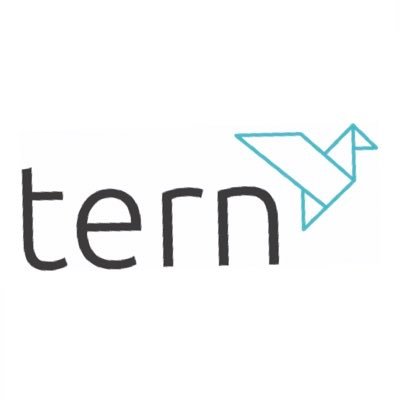In the niche but technically demanding world of ophthalmology, a new approach to training is gaining ground. The traditional reliance on live surgical observation and supervised repetition is being supplemented, and in some cases, pre-empted, by immersive extended reality. At the centre of this evolution is a structured rollout model that reframes simulation as a progressive system of implementation.
Fundamental XR has laid out a clear, phased framework for XR adoption, beginning with pilot testing and moving deliberately through infrastructure deployment, staff onboarding, content calibration, and outcome tracking. This matters because while extended reality has been circulating in healthcare discussions for years, what has often been missing is a replicable model for institutional uptake, something that works beyond a showcase or demo setting.
What makes this opportunity distinctive is that it bypasses much of the hype surrounding general-use XR platforms. Instead, it targets a clear pain point, surgical training bottlenecks, with a solution that is already seeing traction across professional institutions.
Developing and maintaining specialty-specific content, adapting to new surgical techniques and staying aligned with evolving training standards all require sustained investment. But these same factors create defensible barriers to entry. In fields like ophthalmology, where each device or procedure has unique requirements, the demand for high-fidelity simulation remains acute, and unlikely to be met by generalist solutions.
More importantly, this model may not stay confined to one field. If the implementation roadmap proves successful in ophthalmology, there is a clear logic to extending it into other surgical specialities.
Tern plc (LON:TERN) backs exciting, high growth IoT innovators in Europe. They provide support and create a genuinely collaborative environment for talented, well-motivated teams.






































